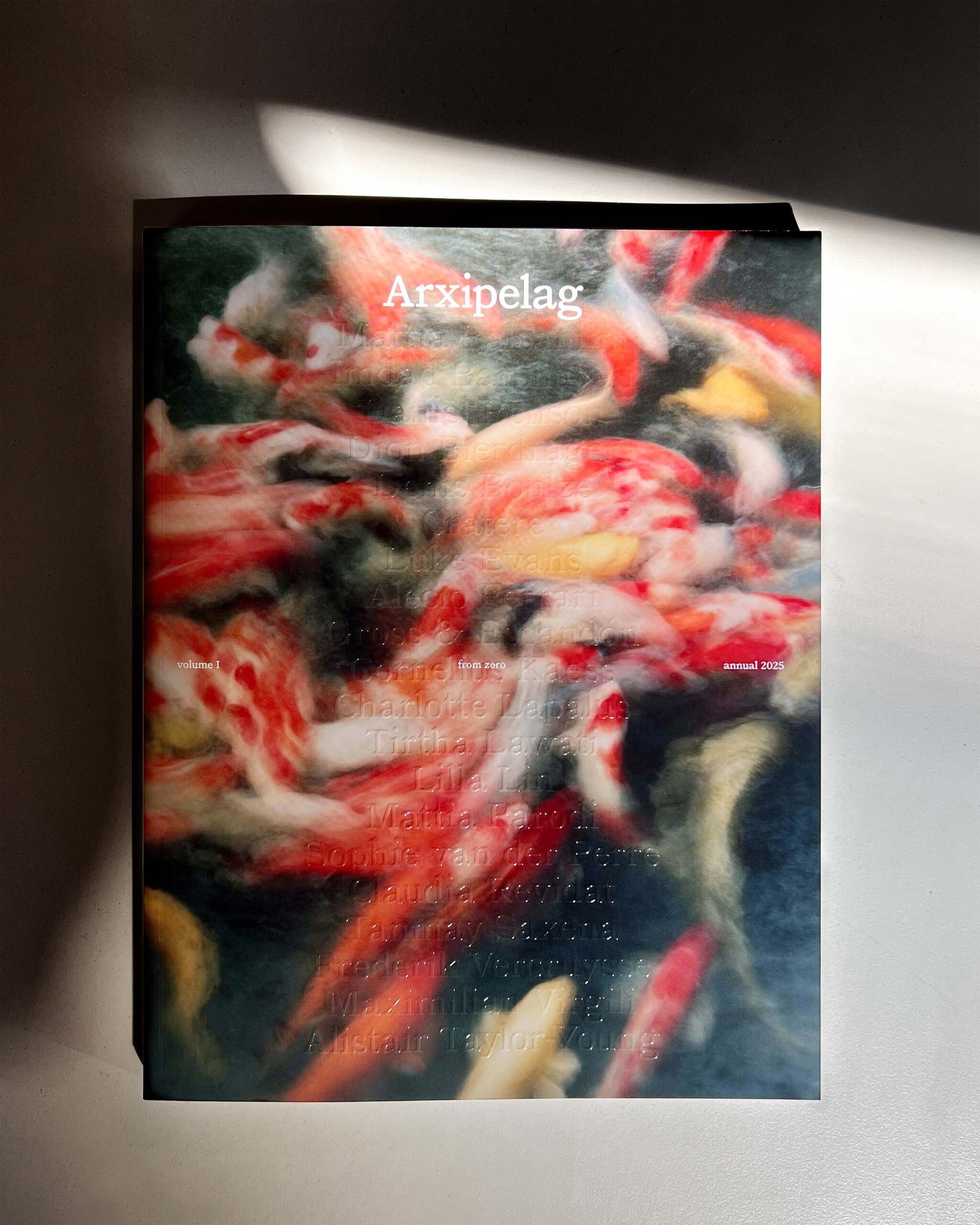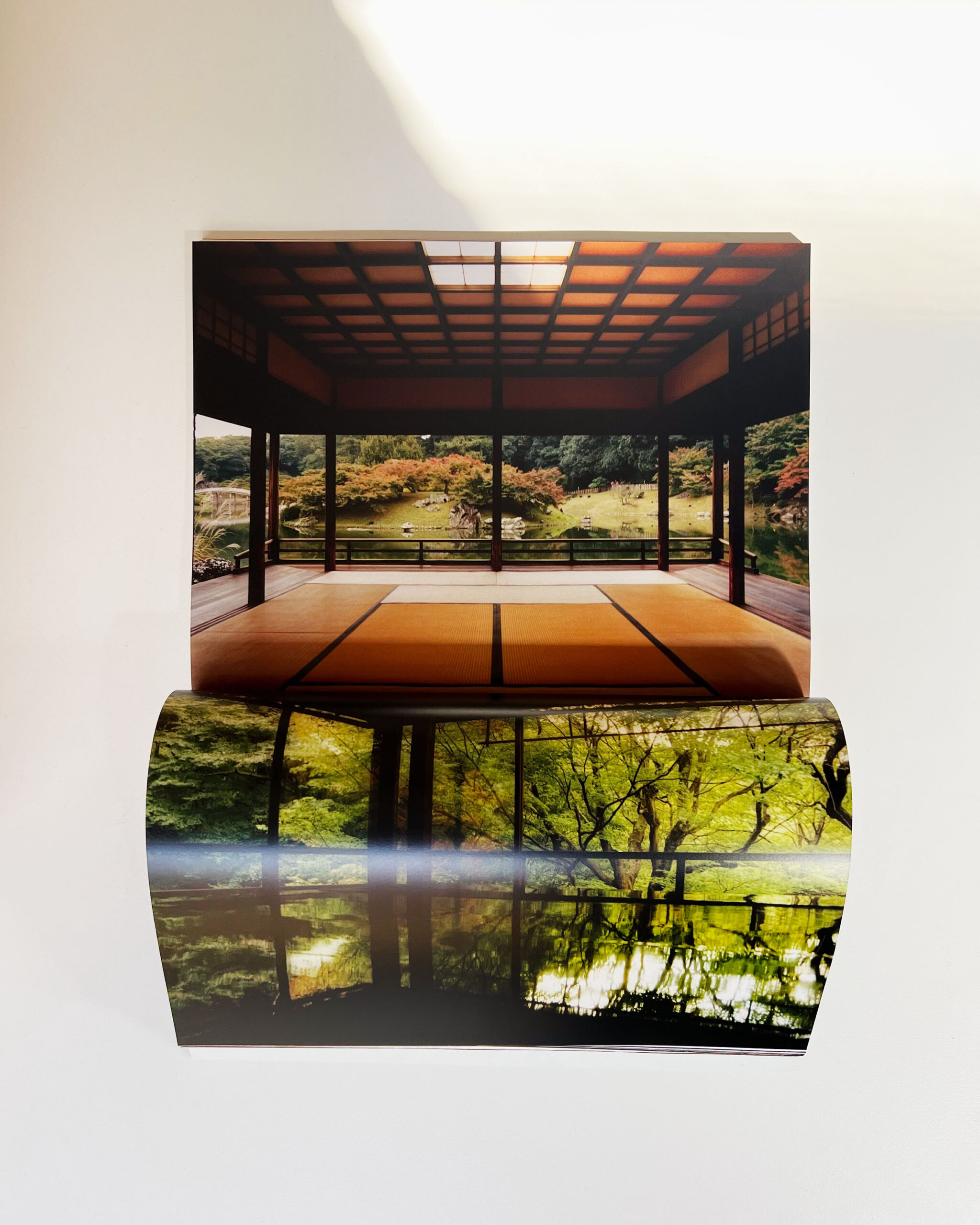LUKE EVANS
JAPAN
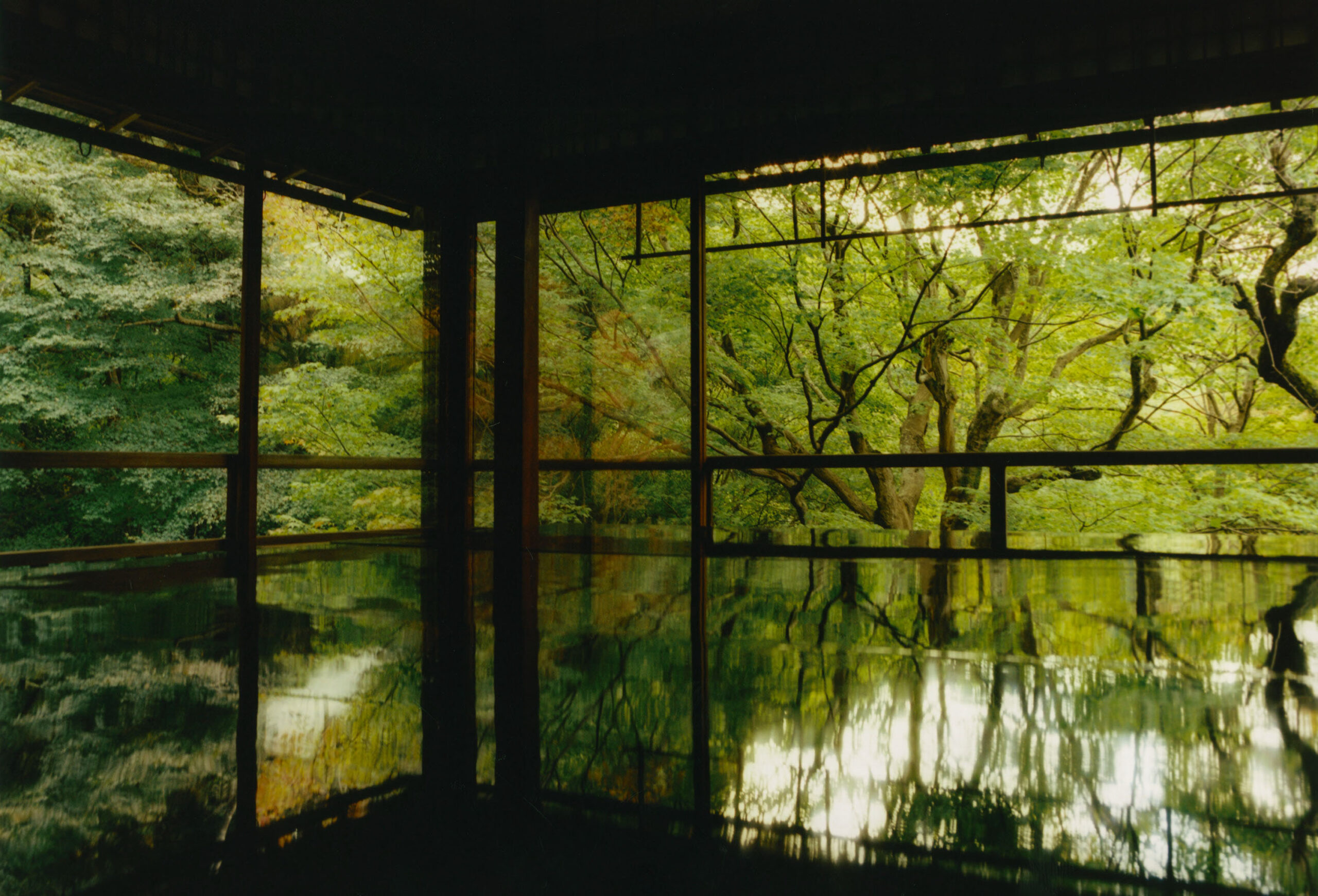
Armed with only his Pentax 67, Luke Evans travels to Japan to photograph the country in his own unique style.
Known for his still-life imagery, Luke stepped away from the studio on a journey that allowed him to both literally, and metaphorically, ‘step outside’ of his usual indoor image making and lend his ability towards the world outside. With Luke’s ability to push his images into a graphic-design space, Luke’s Japan imagery takes the viewer on a journey through both a world of design, as well as the physical world itself.
Exhibited in Milan for the launch of Arxipelag’s first magazine, Luke’s photography was featured both on the front cover and within the newly released annual.
To hear more about the trip, we sat down with Luke to find out more…
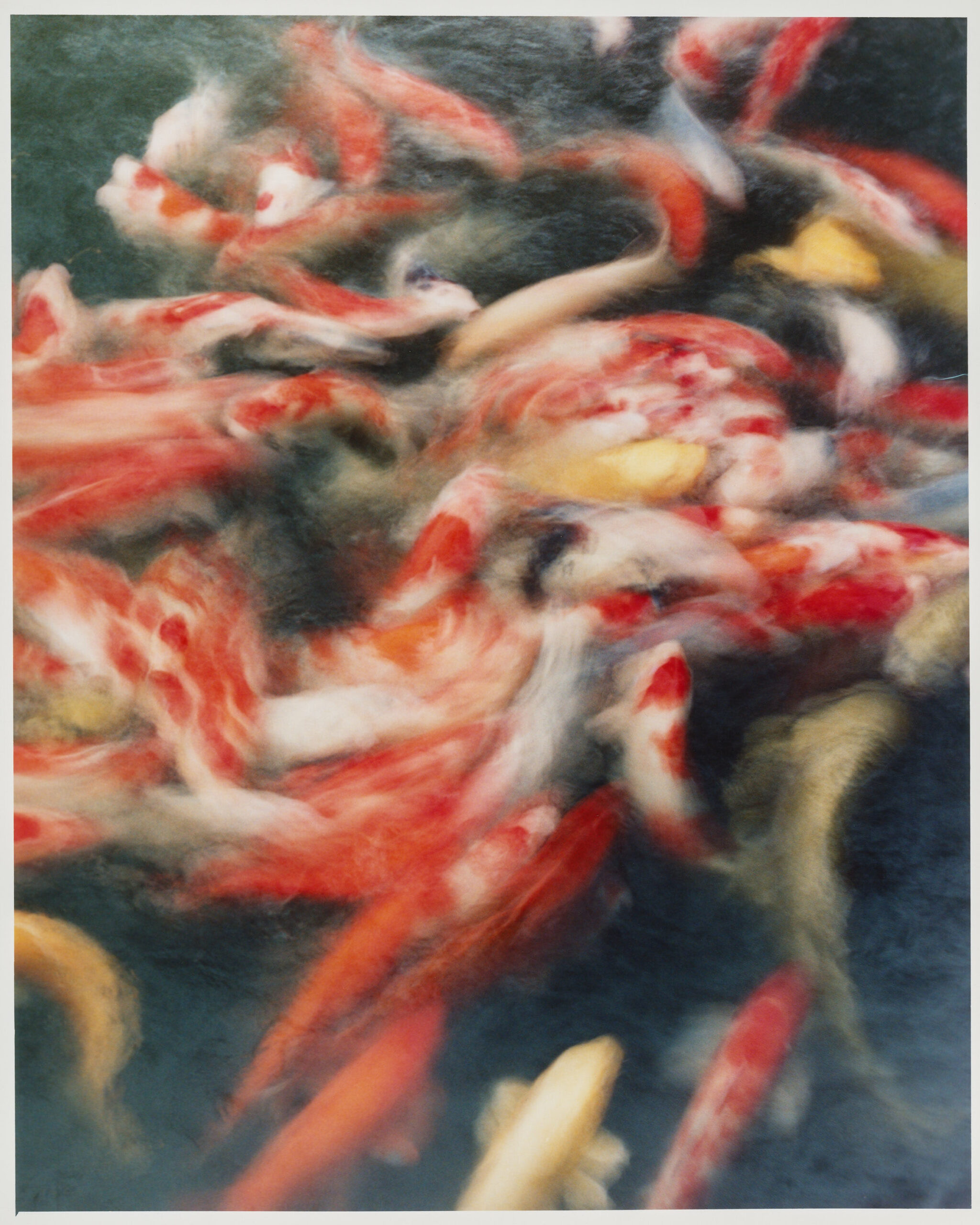
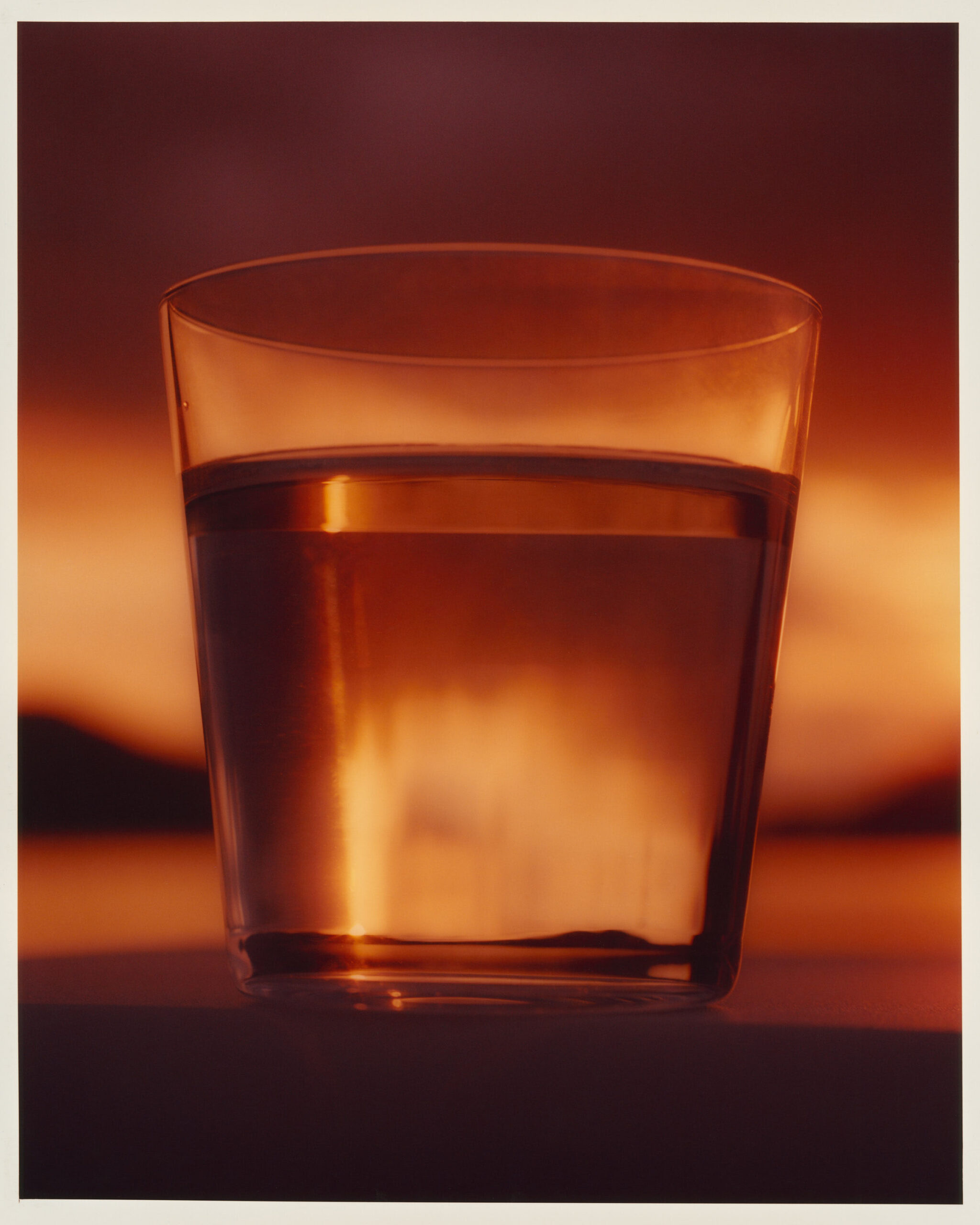
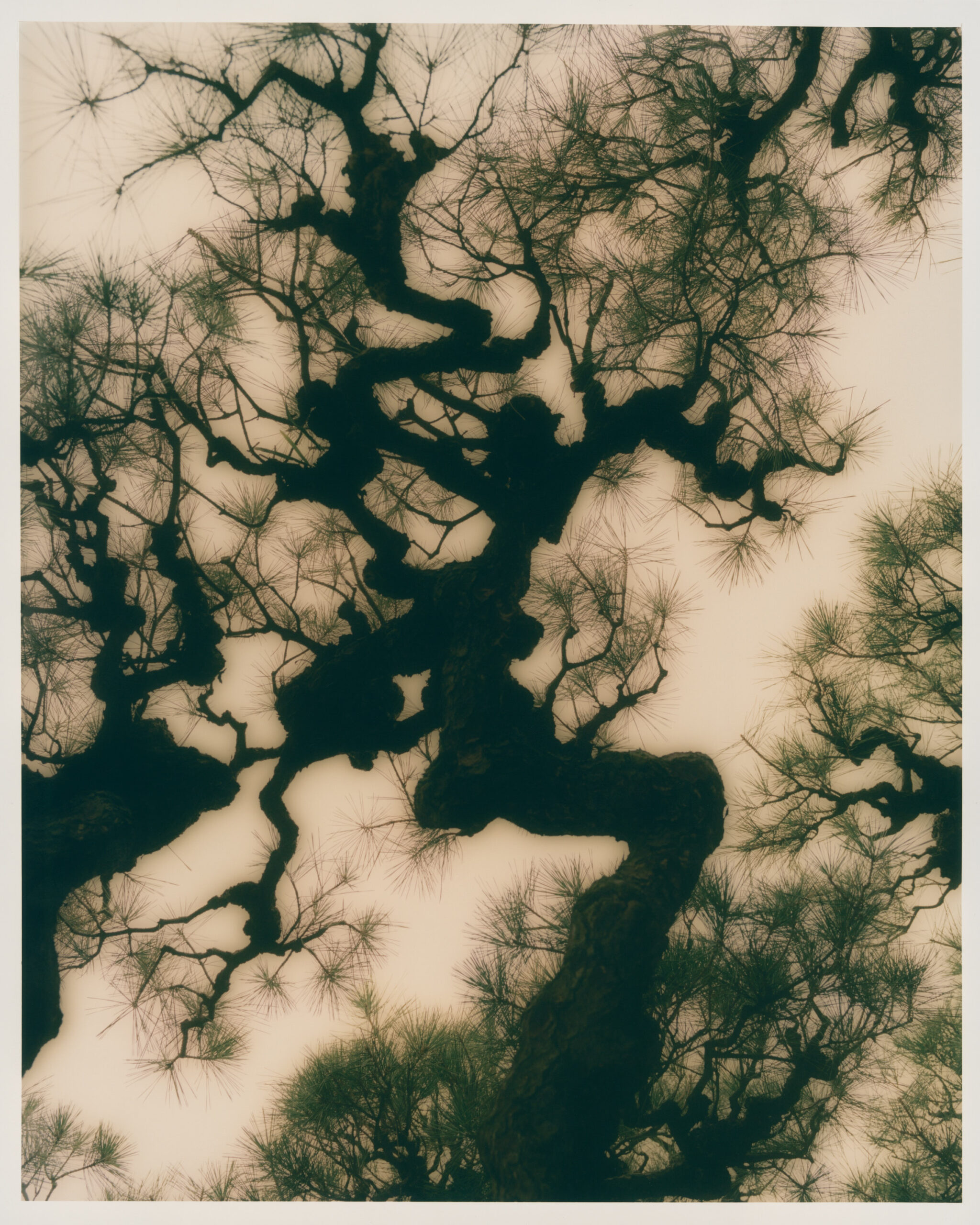
POSTCARDS FROM JAPAN…
WREN: Why Japan? What made you gravitate towards the country for this project?
L: “I’d planned to go with my best friends about 10 years ago, but it never happened. So it had always been on the cards. Back when I was a kid I loved a lot of Japanese exports, so in a way it felt like I had nostalgia for a place I had never been to. When I started to take the idea a bit more seriously I found myself falling in love with the landscape and the way nature is woven into daily life, rather than being seen as something separate like it often is here.”
WREN: So the interest really started from a young age…how long had you been planning it?
L: “Since lockdown, so about four years. But it wasn’t until around three months before I went that I booked the flights and really mapped things out.”
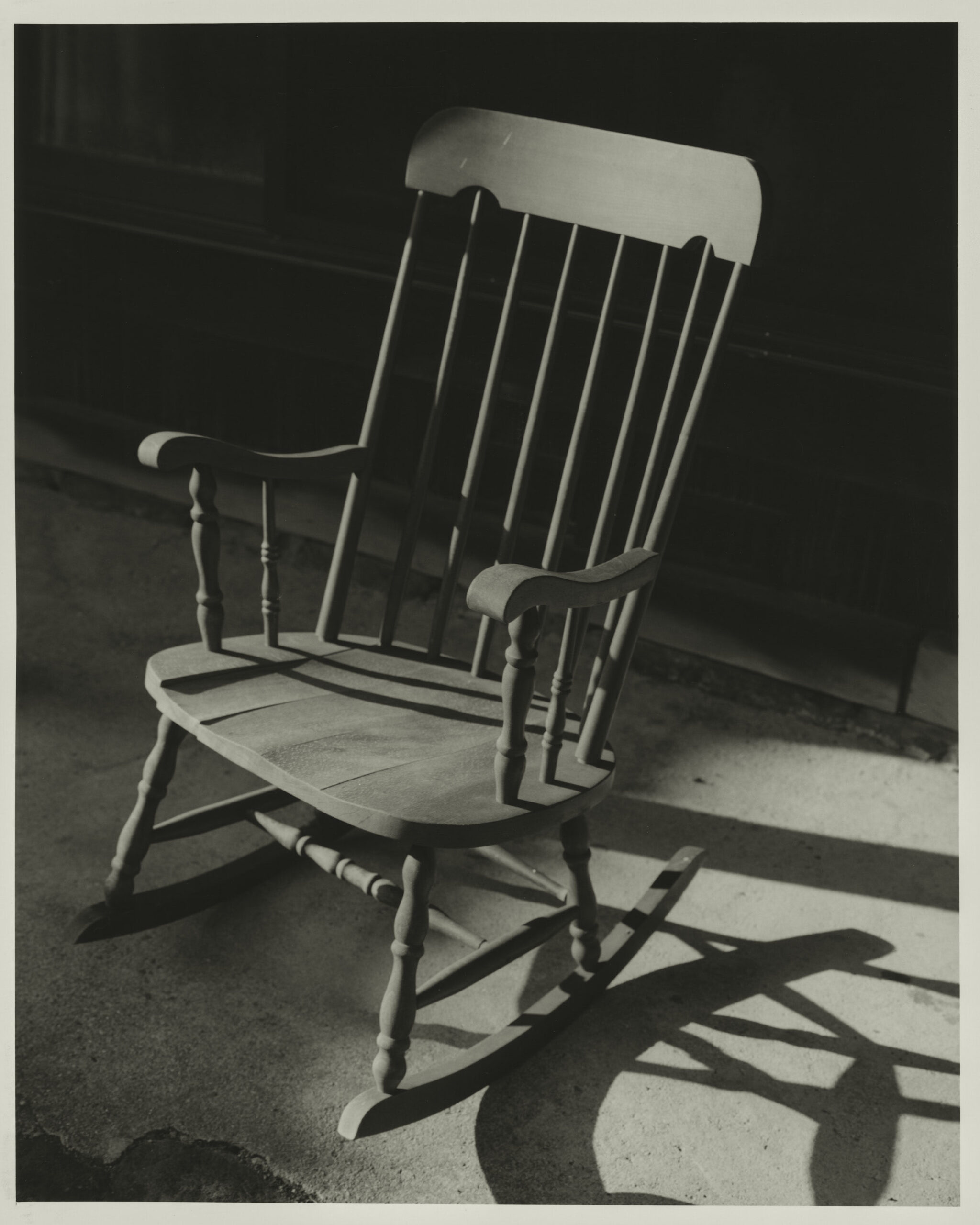
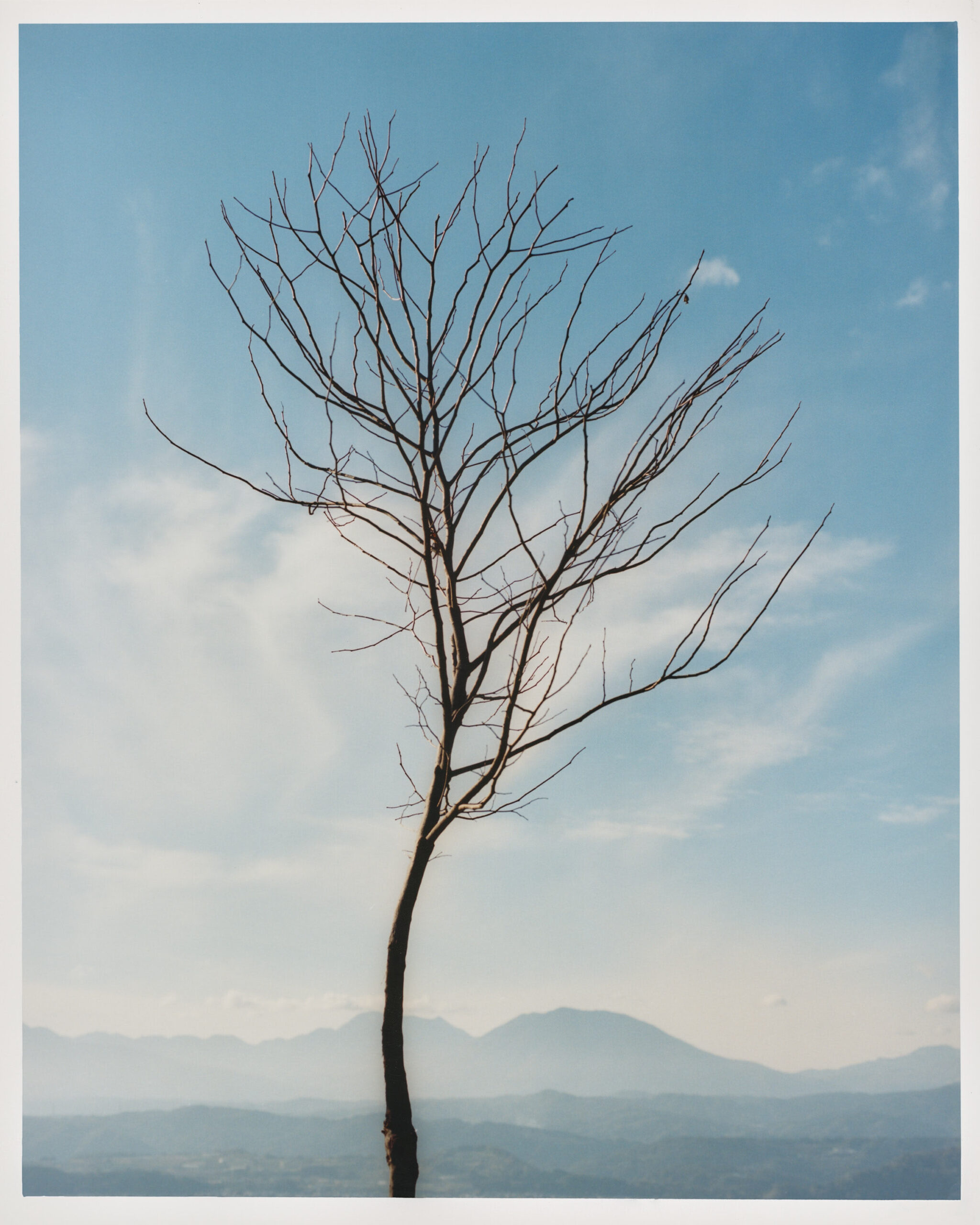
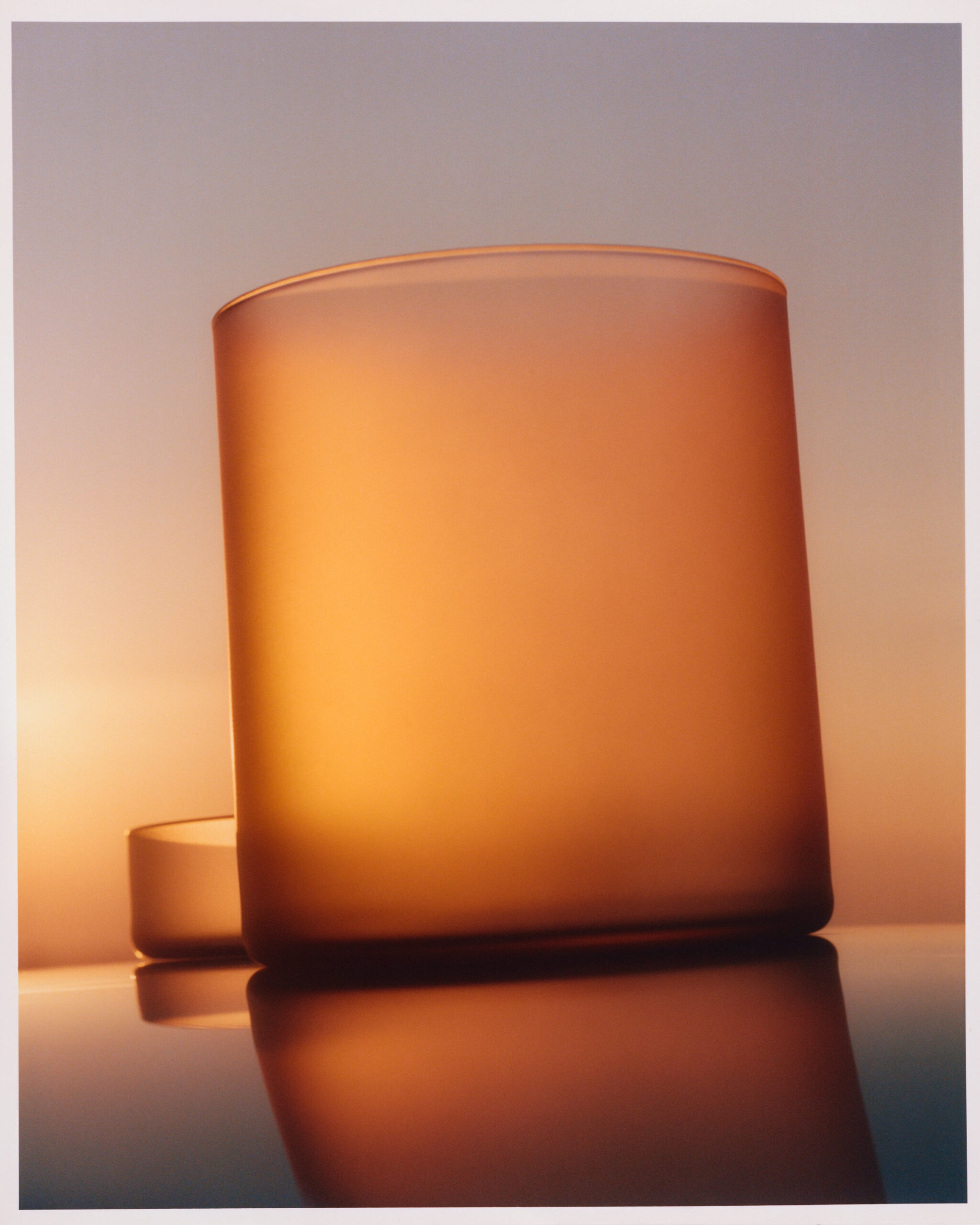
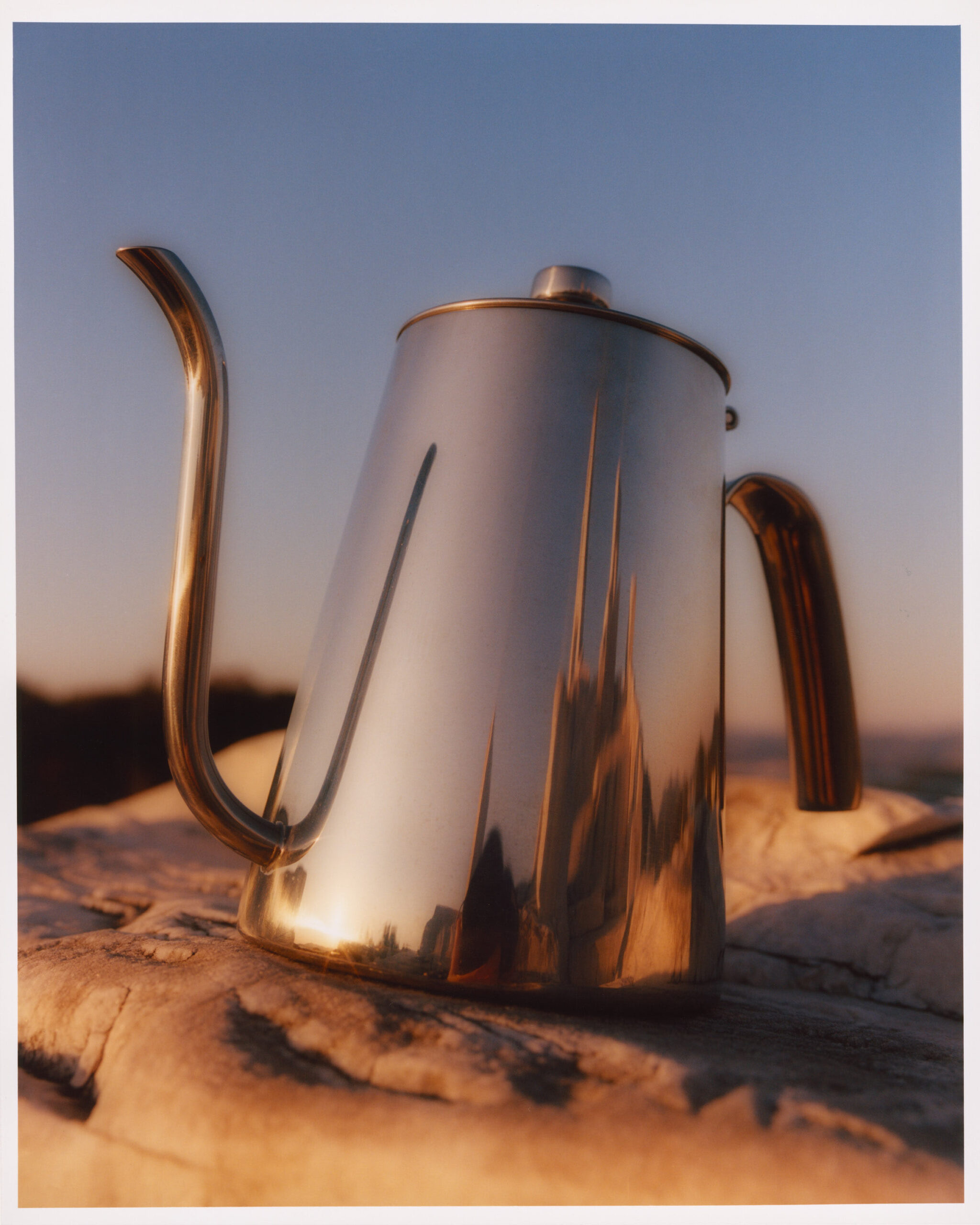
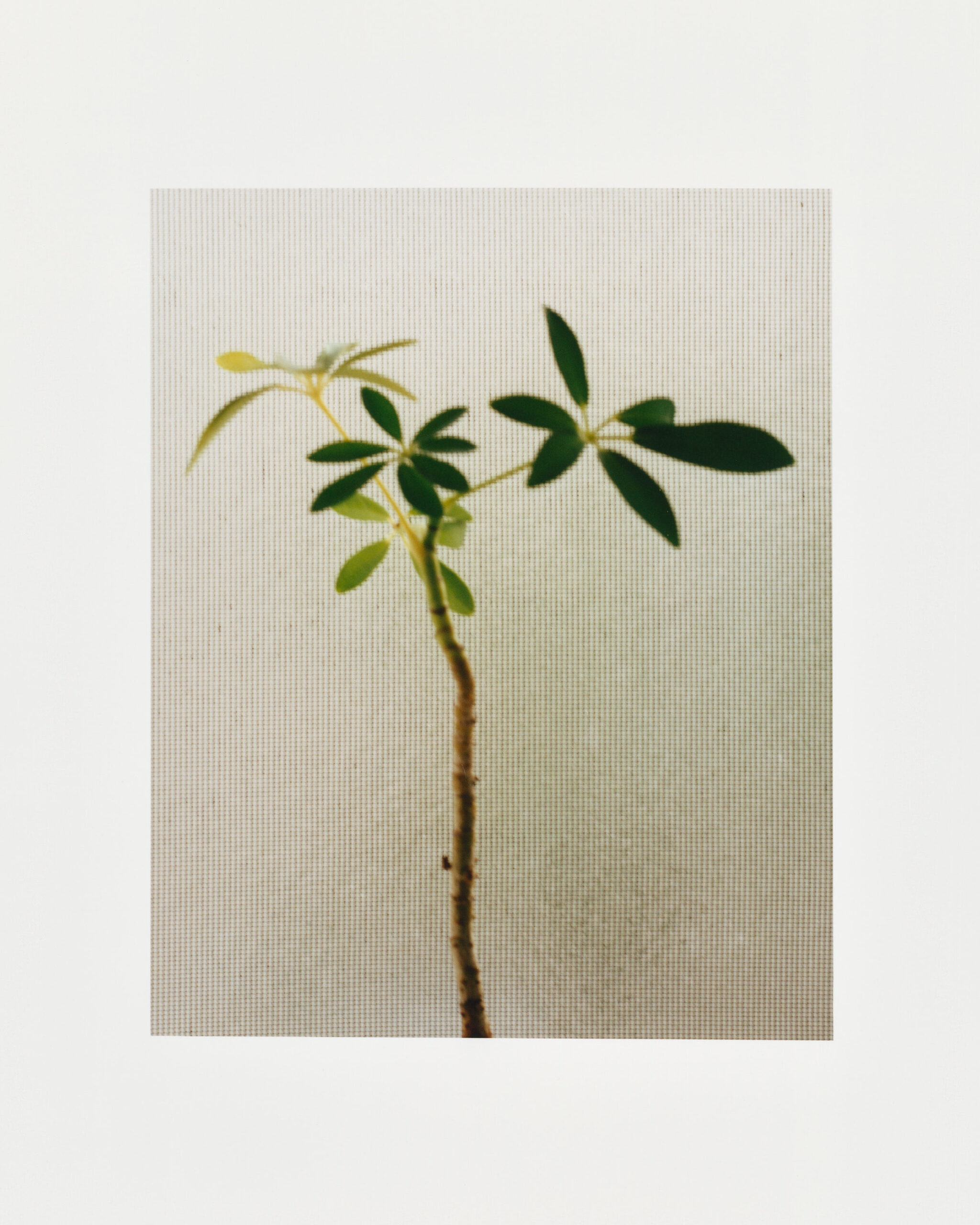
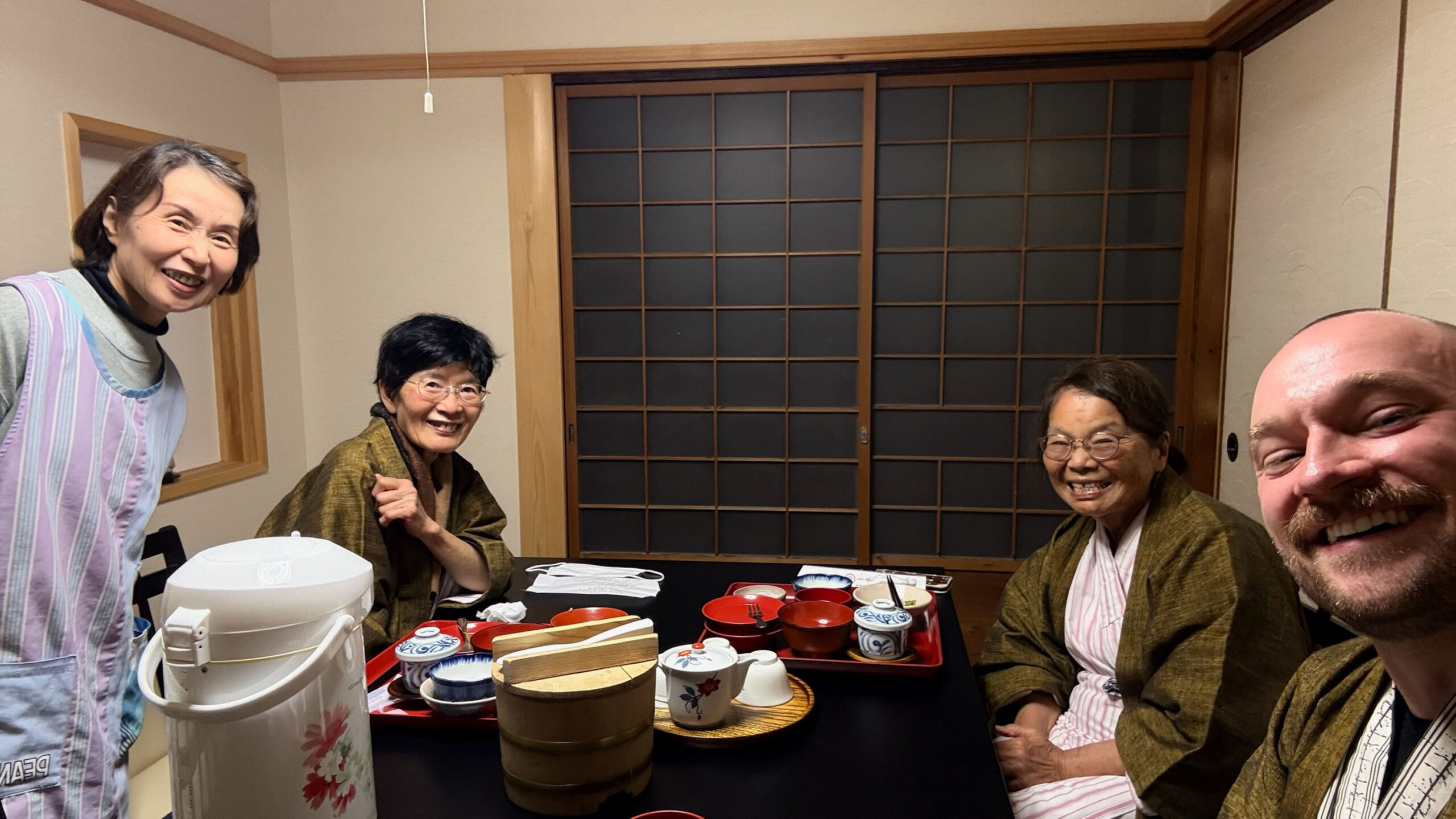
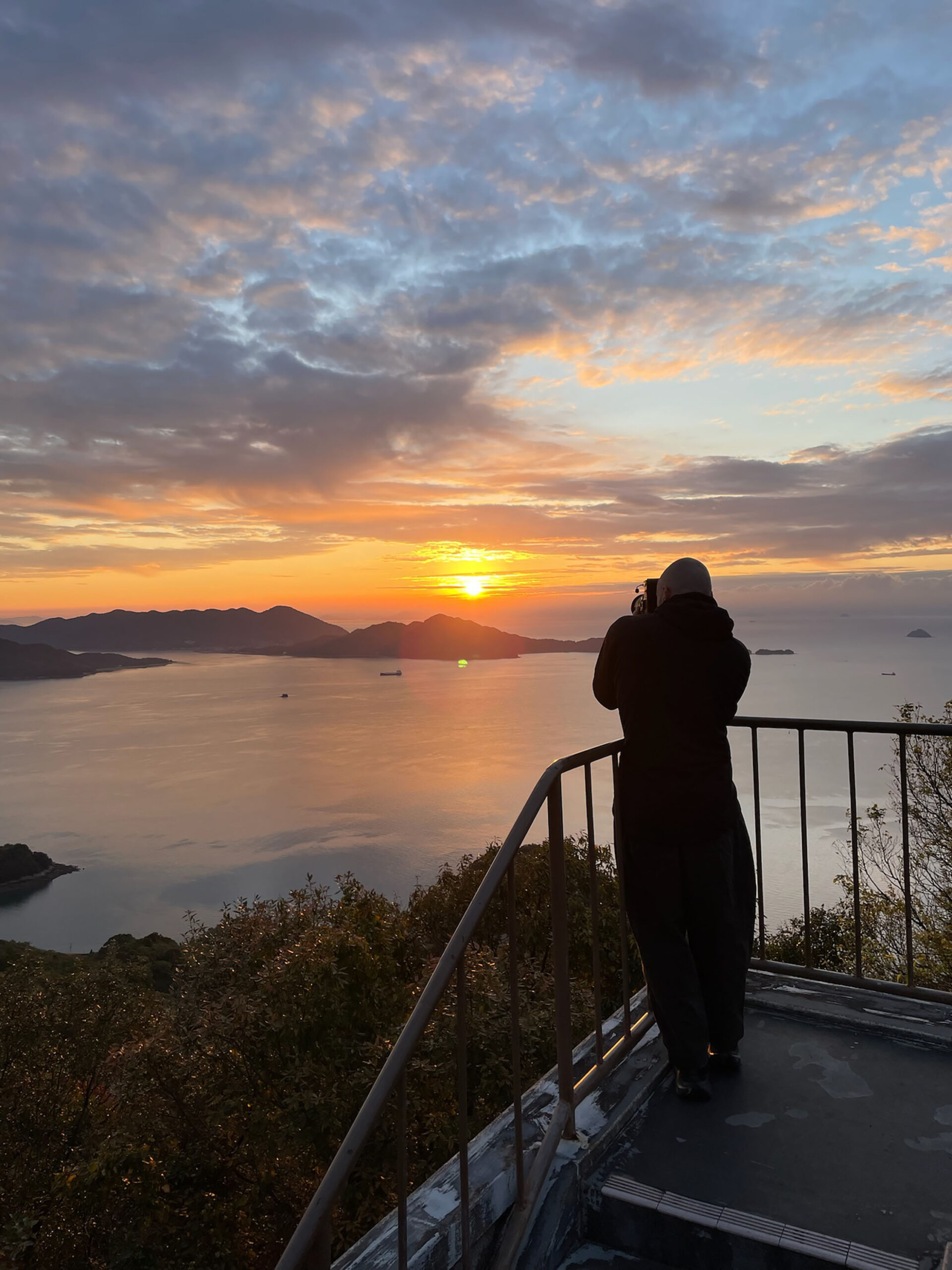
WREN: Doing the trip solo comes with a level of logistics, especially when you have a specific goal from the trip. How did you choose the route?
L: “I wanted a mix of rural areas and a few cities, and to experience different landscapes. I started in Tokyo, travelled through the Kiso Valley and the volcanic regions of Nagano, along the north coast, and then down to Shikoku, where I drove around for a week. There were specific places I wanted to get to, like the Nakasendo and certain forests and volcanoes, so I had to work out how to connect them all. But as is often the case, some of the most impactful moments happened in places I hadn’t planned to go.
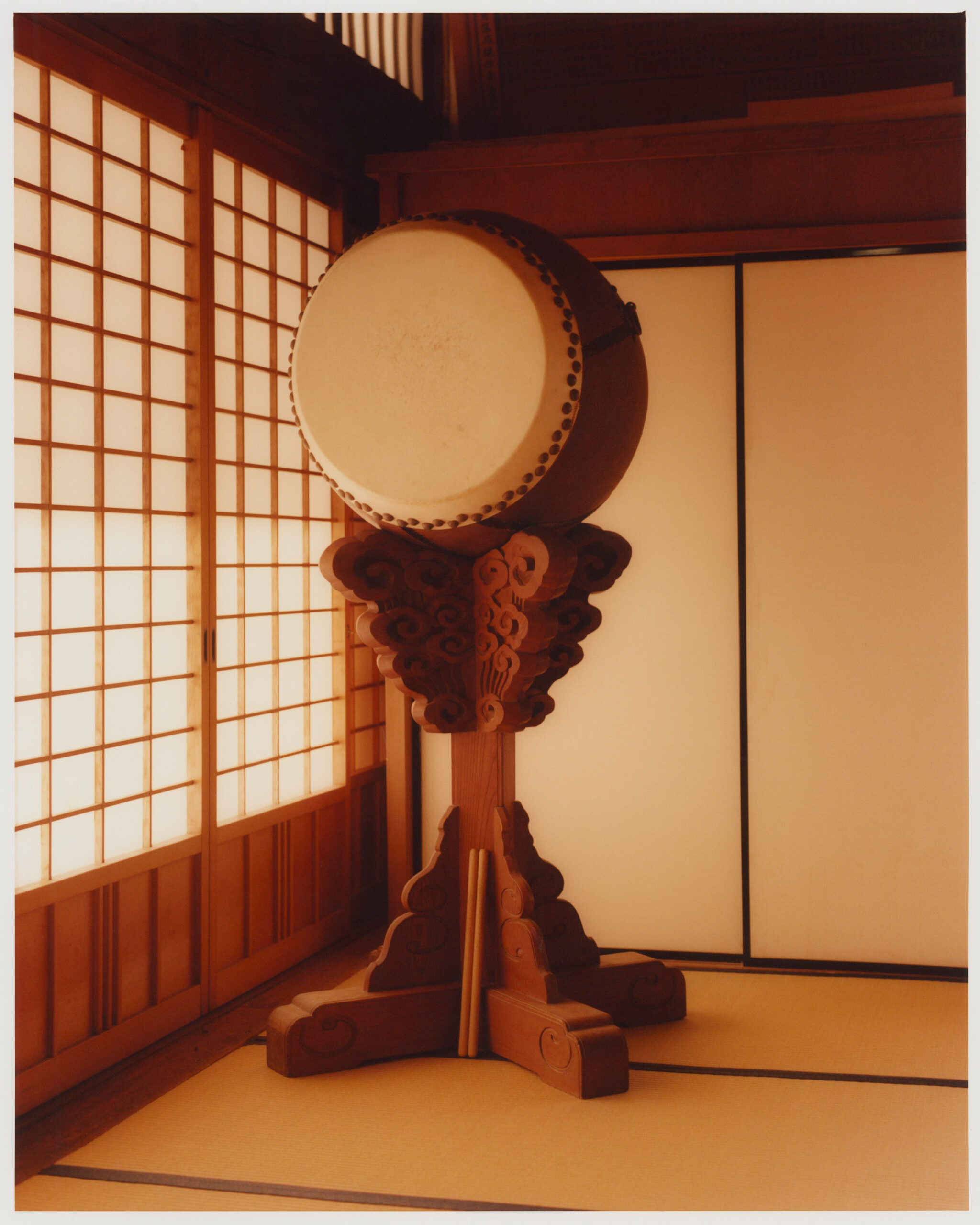
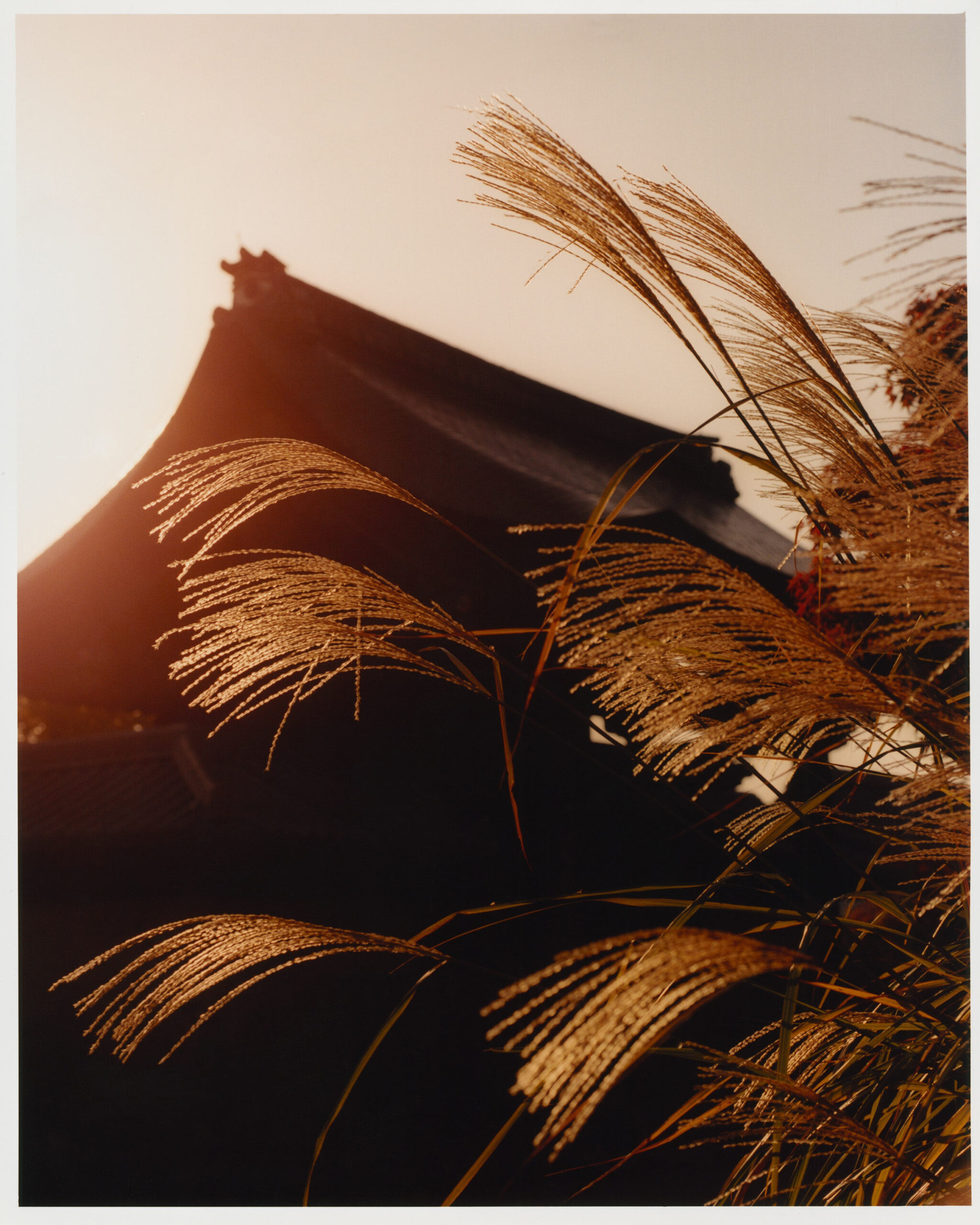
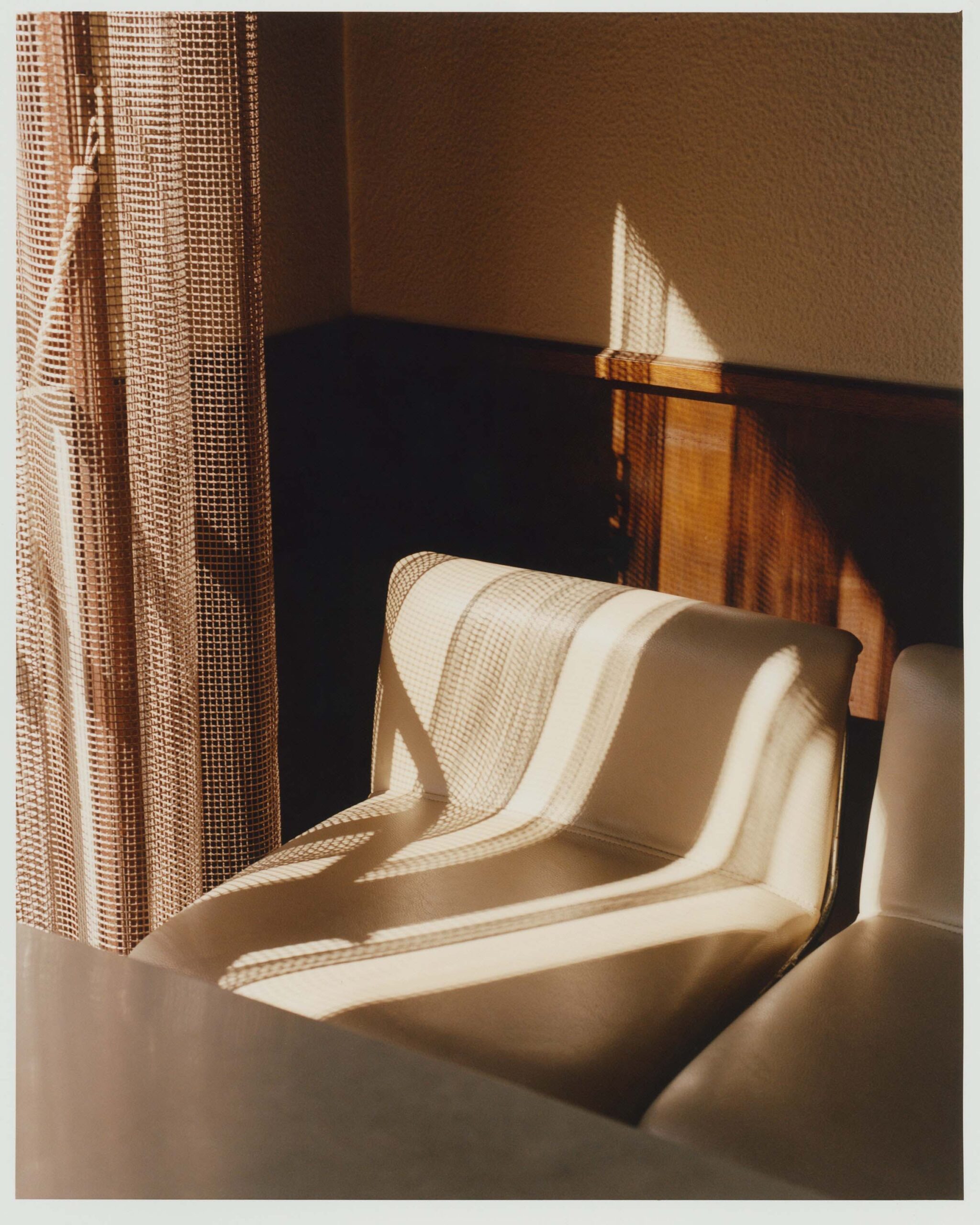
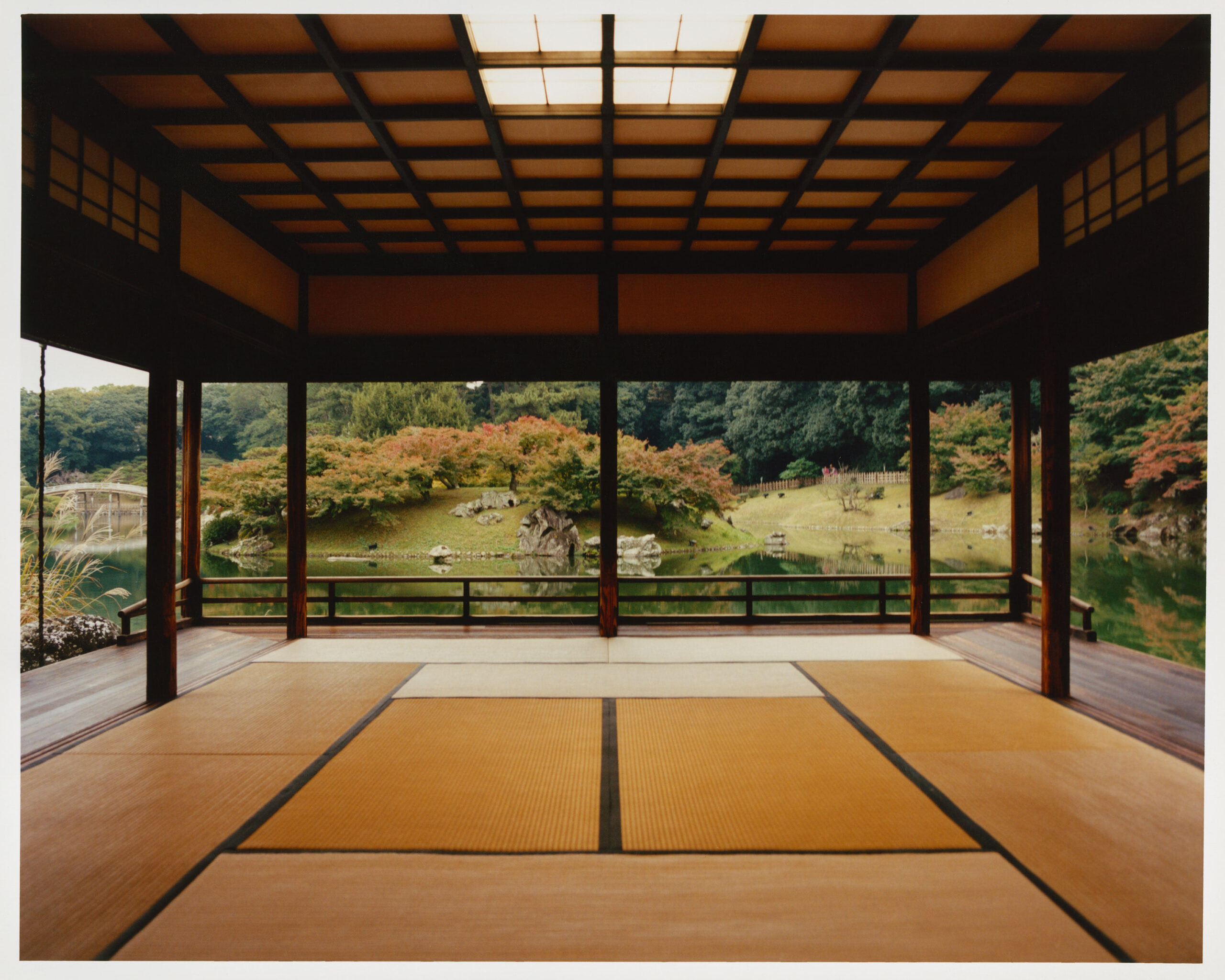
WREN: That echoes back to the aim of the journey, in a sense, capturing some of your most successful images in places you wouldn’t have planned on and getting into the exploration of it all. Were there any challenges you encountered along the way, both physical and technical?
L: “Definitely. I’d forgotten how physically and mentally demanding it can be. Early starts, travelling solo, relying on one camera body. I kept my kit light, which meant working around whatever issues came up. My Pentax 67 broke a couple of times and the back door wouldn’t close properly, so I ended up taping it shut until I found a way to fix it. And there were moments where I had to choose between stopping for something unexpected or getting to the destination I’d planned. More often than not, the unplanned moments were the strongest.”
Obviously the majority of your work sees you shooting in a studio with a highly-controlled level of lighting, quite a change to being out in the world and responding to your environment. Was there something specific that you wanted to get from this trip that went beyond photography? Something specific that you wanted to explore?
L: “To fall back in love with photography, and with travel. I’d spent so long working in the studio, I just wanted to get back to how I started. I also wanted to experiment with still life on location, something I hadn’t really explored in this way before, especially not while travelling.”
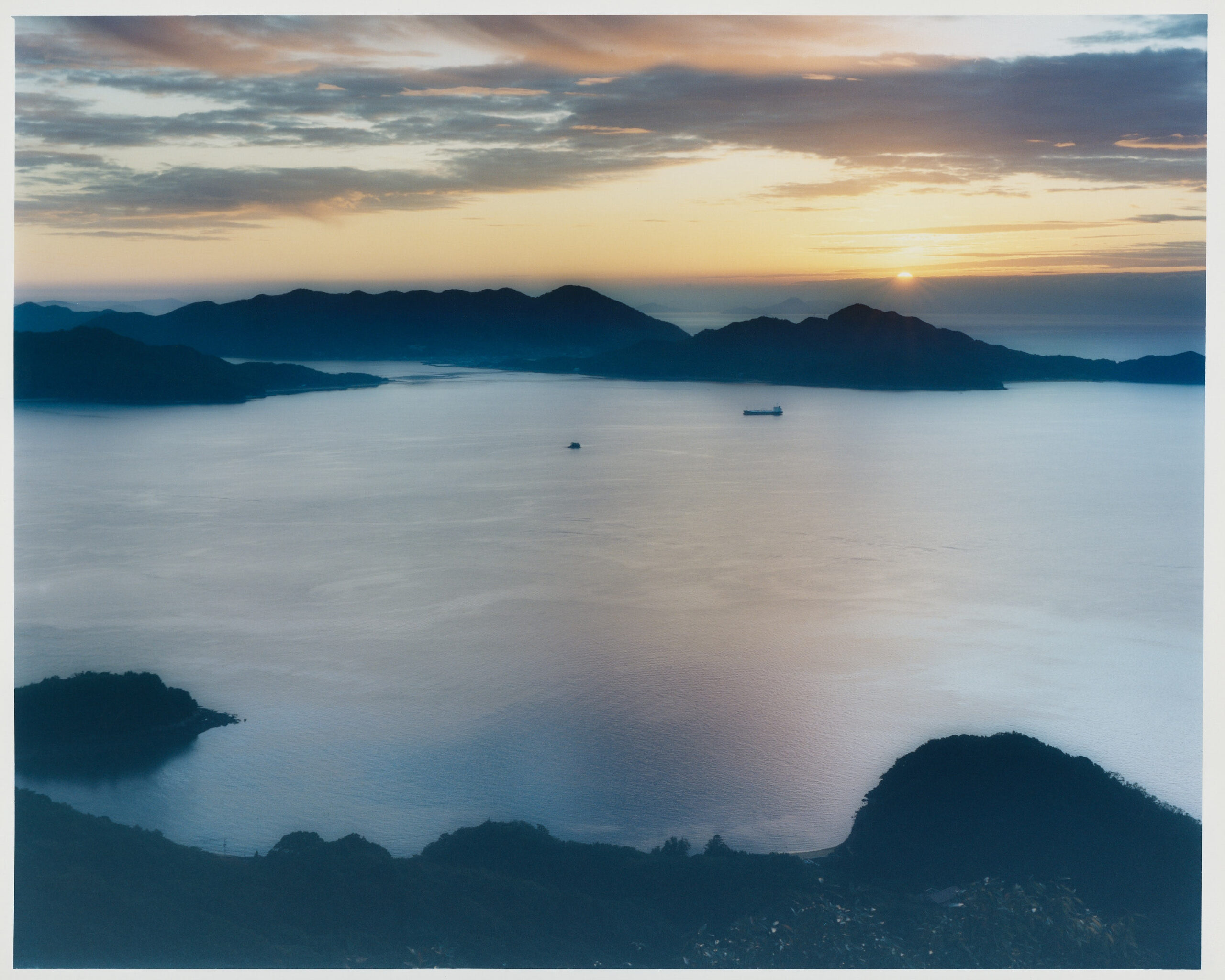
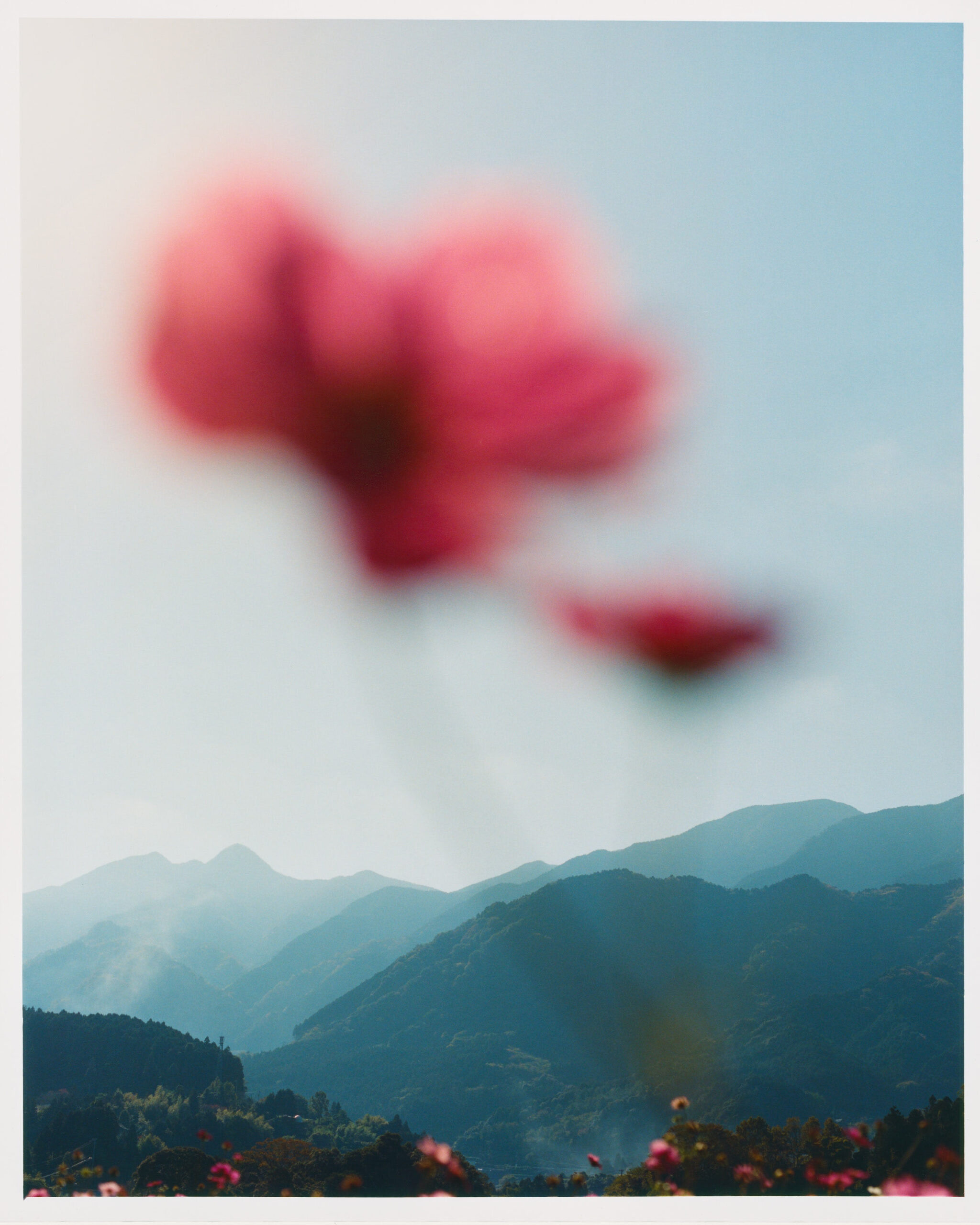
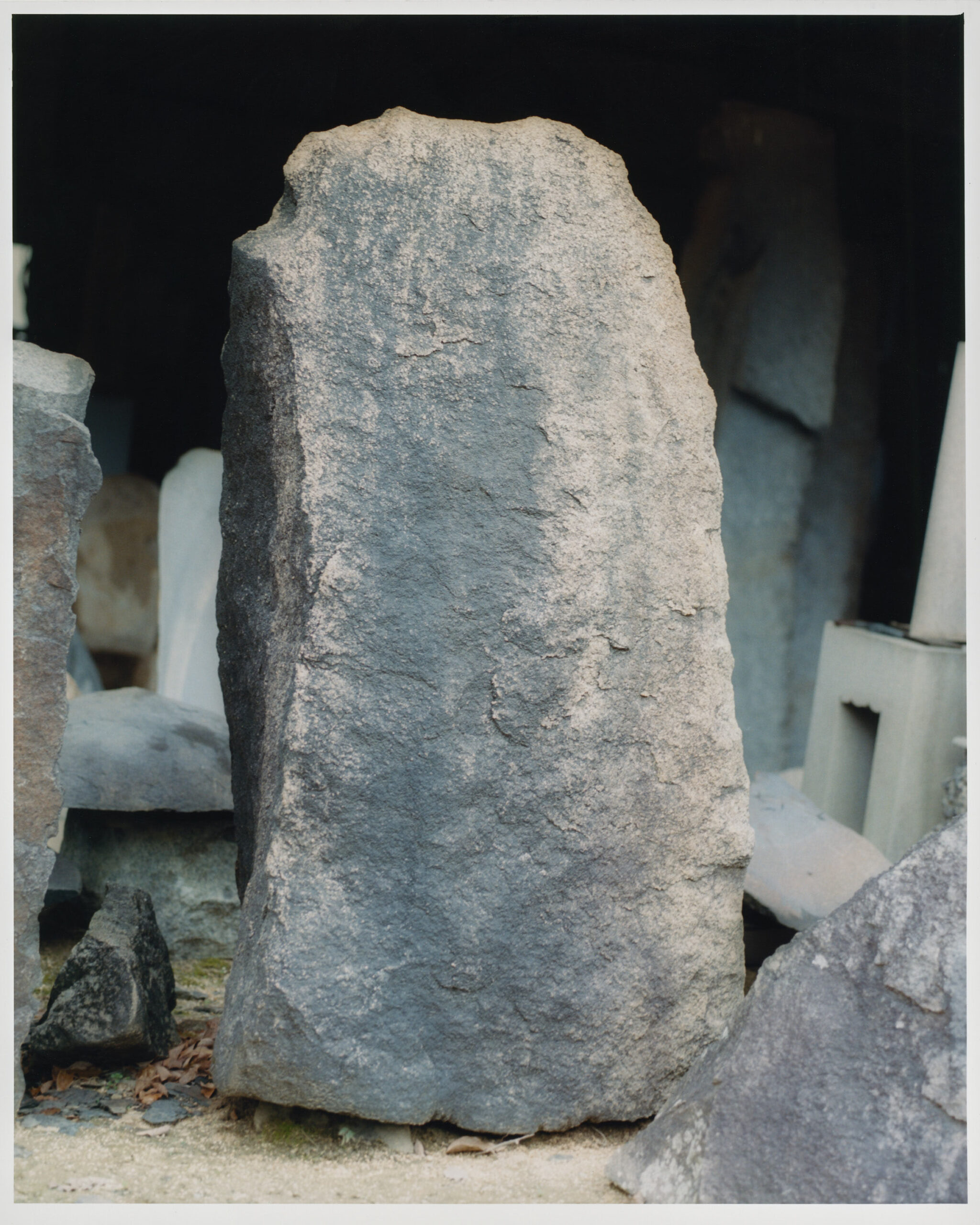
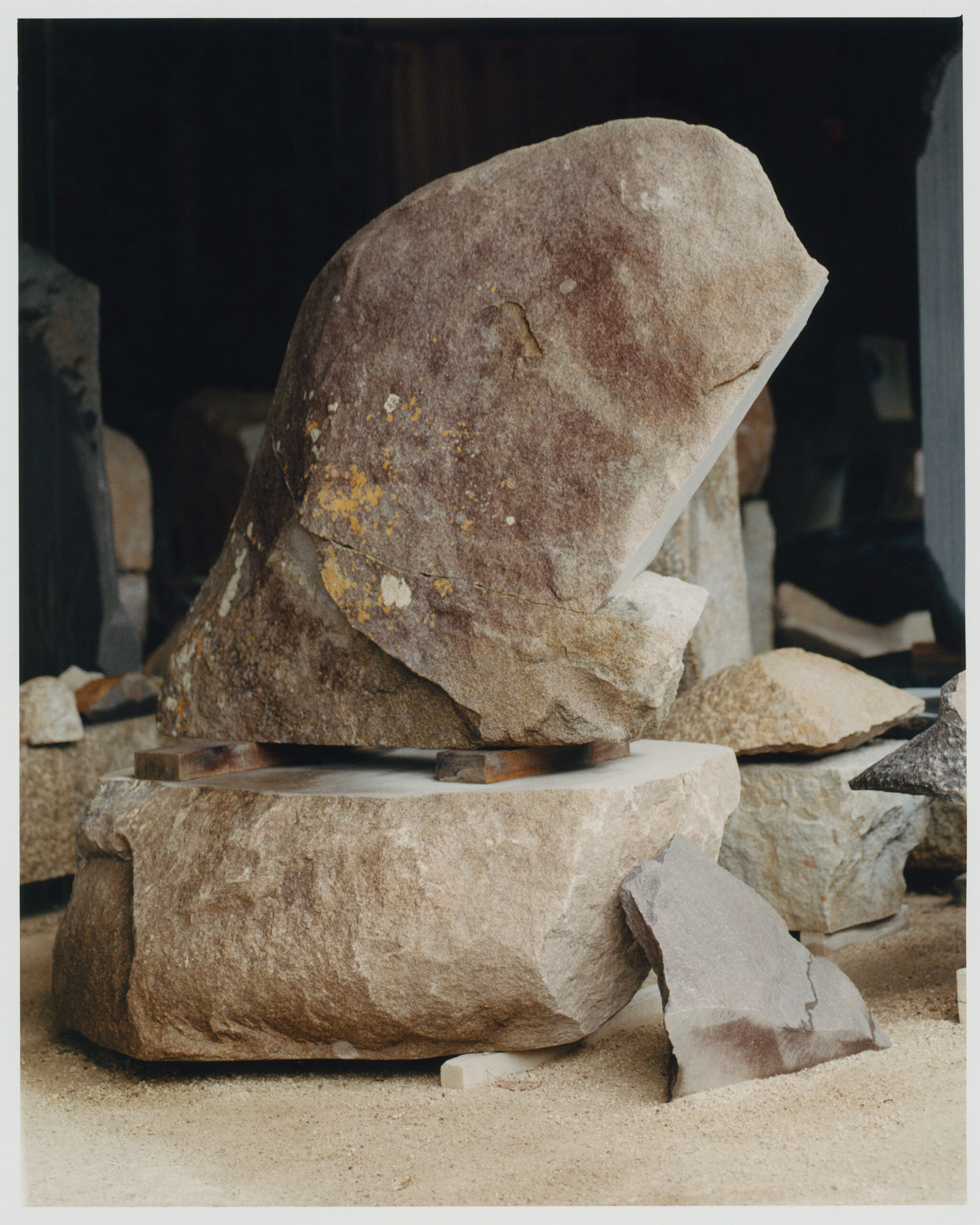
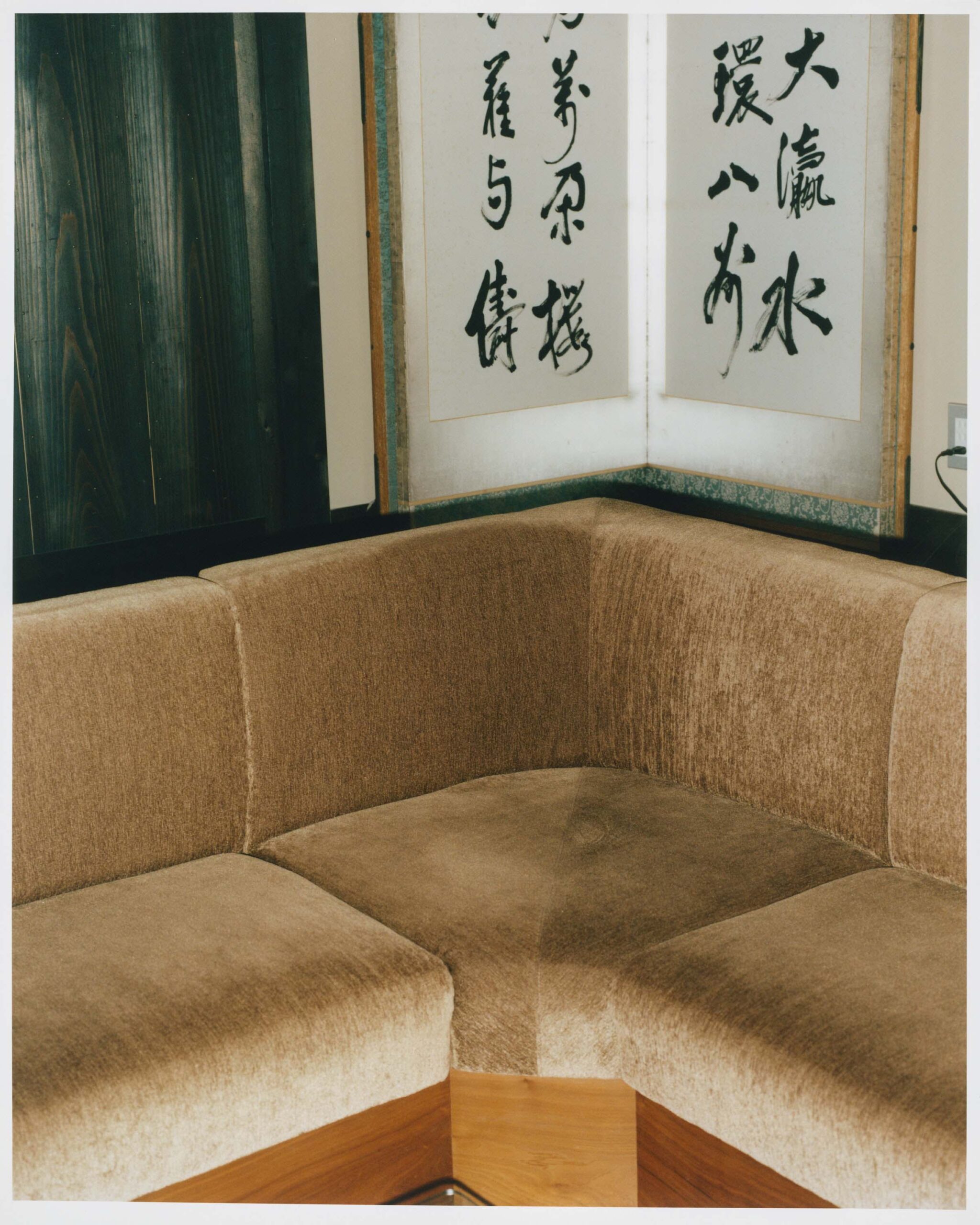
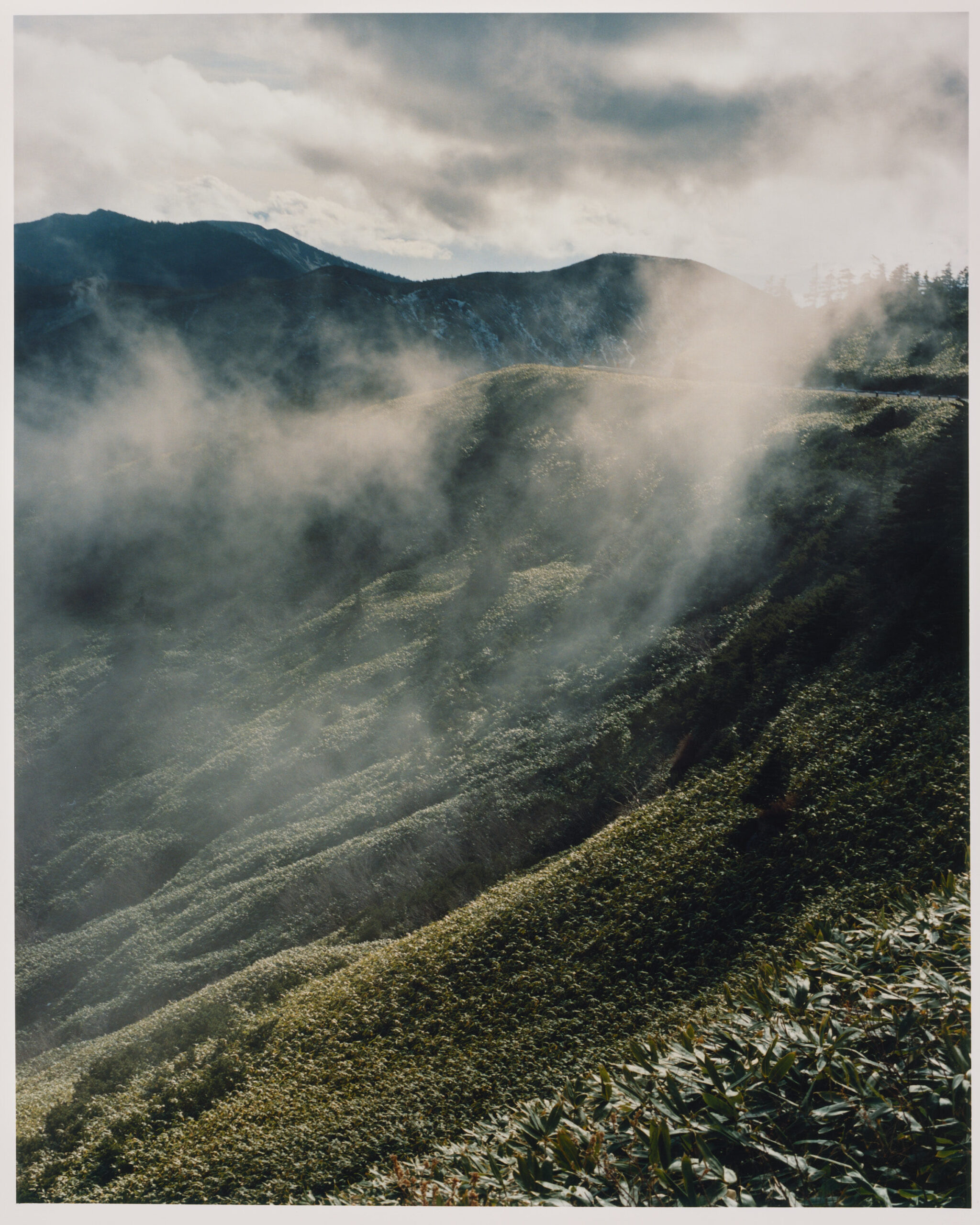
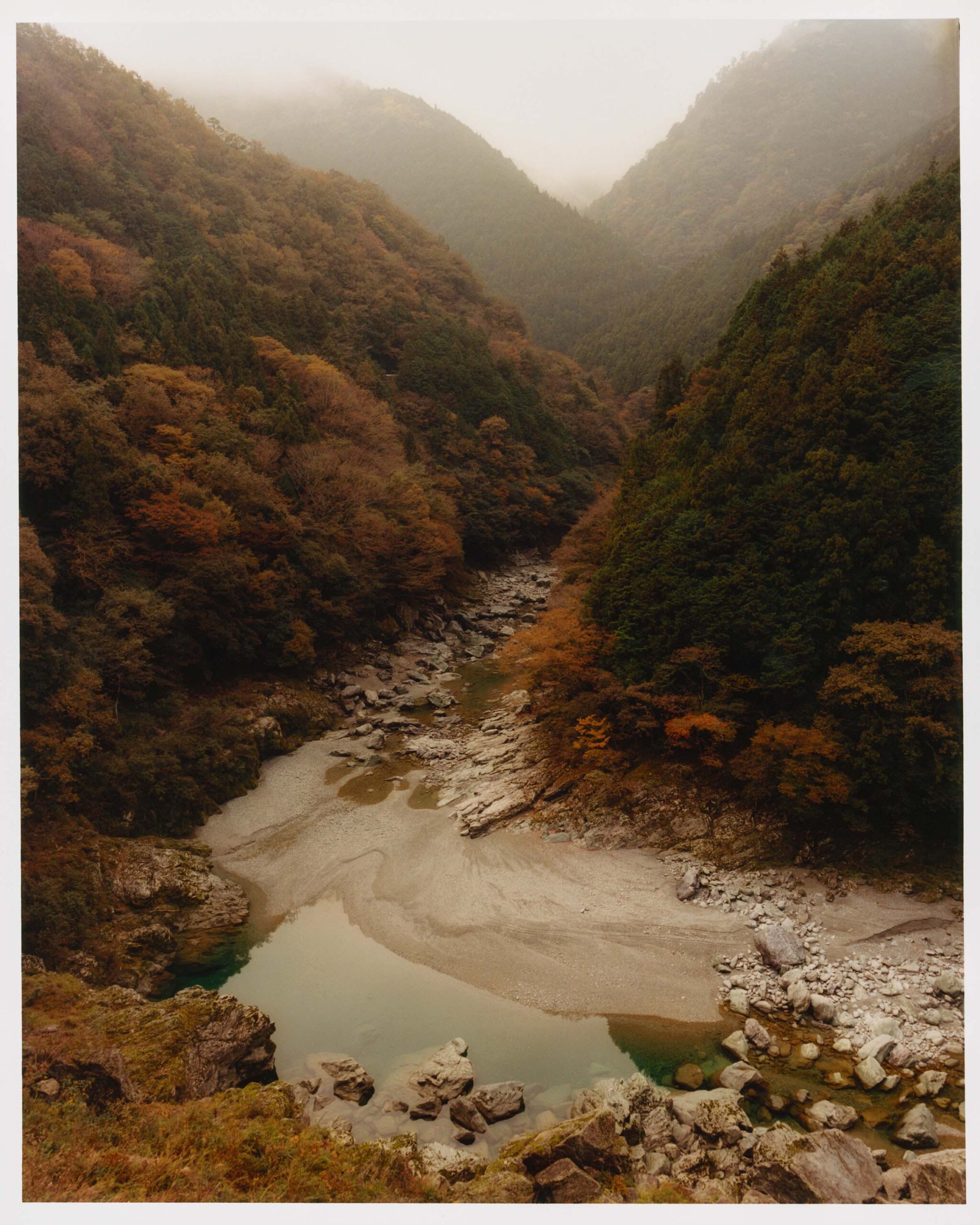
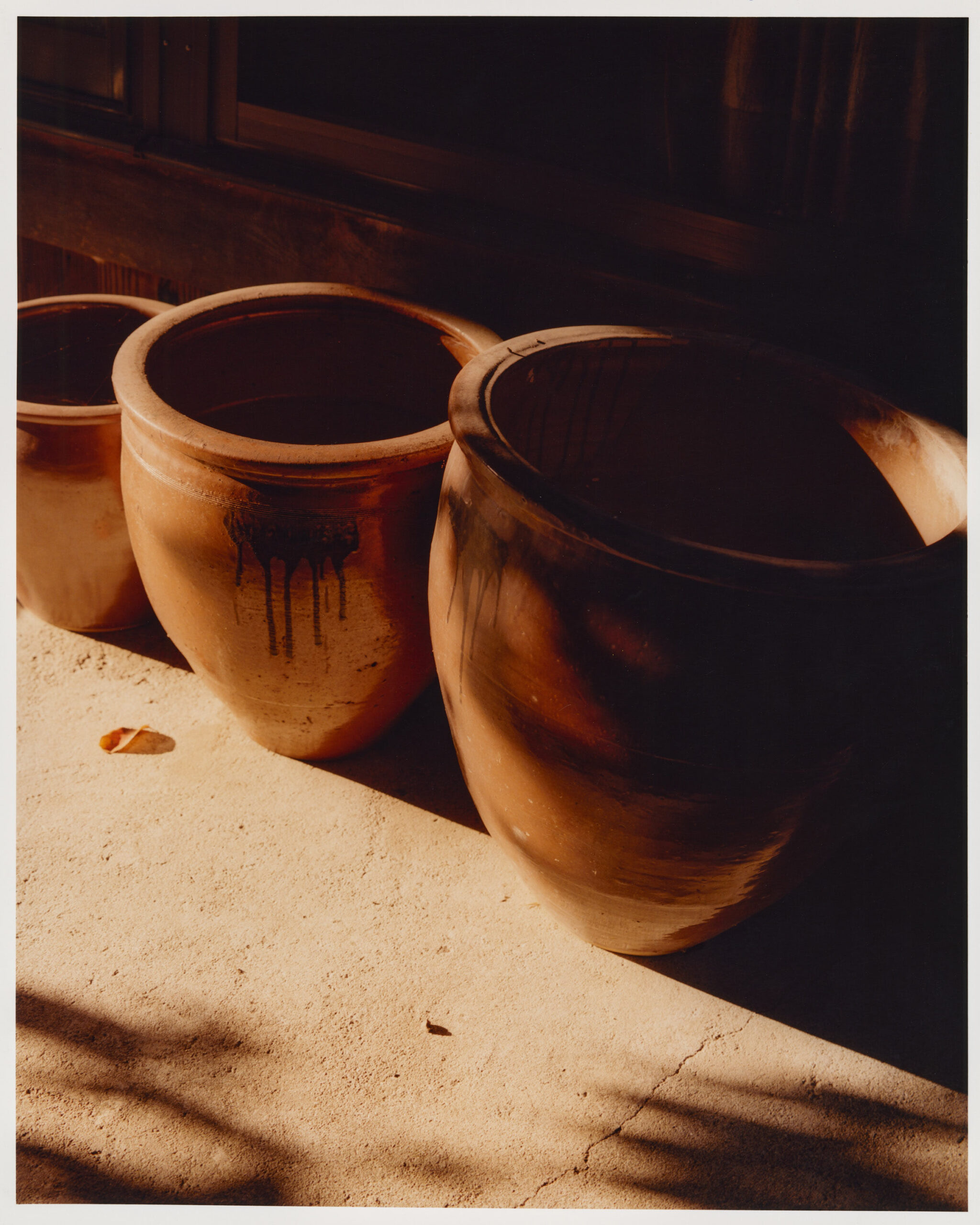
Photographer
@Luke Evans
